The community around Mshongoleni Dispensary, Ganda Ward, in Malindi Sub-County, Kilifi County have contributed to the improvement of service delivery at the health facility through a well-executed community scorecard. The community conducted the scorecard on the health facility after a capacity-building session by Haki Yetu Organization and worked closely with the County Department of Health, Kilifi County to improve service delivery at the facility.
When Kenya adopted its current Constitution in 2010, a majority looked forward with much optimism to the implementation of the chapter on devolution. The Constitution provided for devolution of key functions with corresponding resources and power to the Counties. The intention was to improve service delivery at the local level as resources would be expended closer to the people. One such devolved function is the health function (4th Schedule of the Constitution of Kenya). Counties in Kenya have a responsibility of ensuring Kenyans have access to quality and affordable health services. Substantial resources are allocated to the health function by county governments every year. Yet service delivery is often wanting, with health care facilities often underequipped, understaffed and in terrible condition.
In Kilifi County’s Malindi Sub-County is a village called Ganda. The village has a population of about 13,000 people. This village had one health facility, Mshongoleni Dispensary. The dispensary is a level II health facility according to the Department of Health Standards. Service delivery at the facility was however, quite deplorable: With a population of over 13,000 people to serve, the facility only had 1 clinical officer, 1 nurse and 1 community health extension worker. The facility lacked electricity, had no gas supply (affecting storage of vaccines), no fencing and gate to mark the facility boundary, no toilet facility, poor road network to the facility, lack of commodities and supplies including medical equipment and PPEs etc. In a nutshell, the facility did not meet the standards of a level II health facility, and service delivery was generally poor.
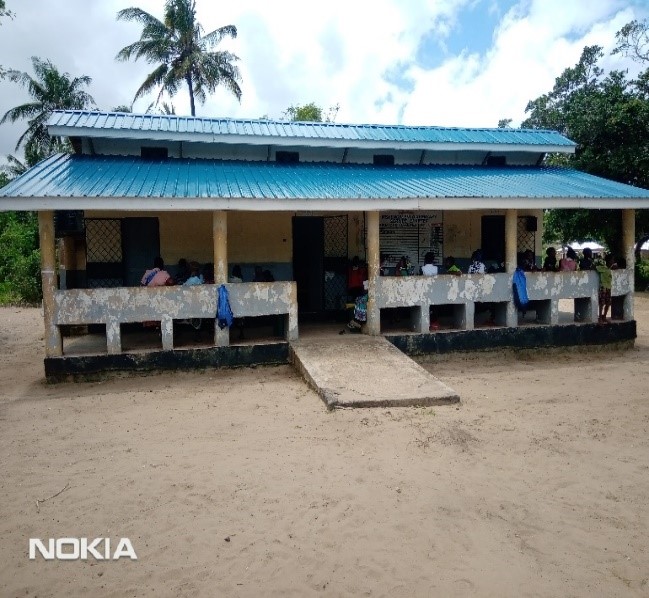
Haki Yetu began engagement with the community in early 2020 following the outbreak of the Covid19 pandemic. With higher level facilities assigned to Covid19-related ailments, level II facilities became the main health care facilities for the poor who cannot afford private hospitals. The community expressed their frustrations on the poor service delivery and lack of capacity for the health facility. We deployed the community scorecard approach to assess the capacity of the facility to deliver its mandate to the community, with a view to influencing decision-making and improving service delivery.
A community scorecard is a tool that enables users of a public facility or public services to assess the facility or the service provider, and to rate the services and performance of the service provider. It brings together the service user and the service provider of a particular service or program to jointly scrutinize issues underlying service delivery problems and find a common and shared way of addressing those issues. In a score card process, the facility/institution is assessed against standards of performance set in law, regulations or service charters.
Haki Yetu trained 12 representatives of the community and 10 from the department of health, Kilifi County on how a community scorecard works. The community representatives then engaged the community served by the facility through focus group discussions, while the representatives of the health department, self assessed themselves against the set standards for a level II health facility. The two teams later met to collate the scores from their respective assignments, and there was consensus that the facility was not meeting the required standards of service delivery. The committee then made a raft of recommendations for immediate implementation.
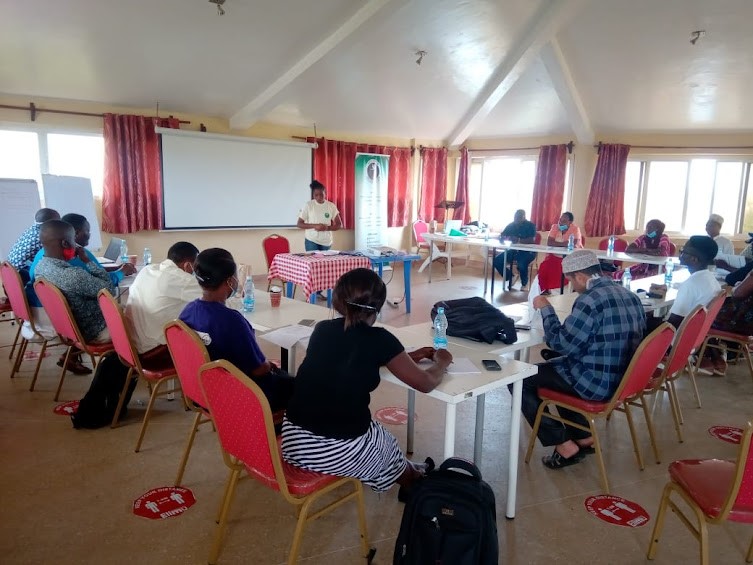
The findings of this process were shared with both the community and the Department of Health, Kilifi County. A community committee for the facility was tasked with following up the report with the department of health, holding several meetings for the adoption of the report, and its implementation. These efforts have bore fruits, as the department of health has begun addressing the gaps identified in the report. Some of the changes that have been experienced in the last few months include:
- Completion of electricity connection to the facility;
- Improved communication between the community and facility, through the facility committee that is made up of community representatives and health representatives;
- Additional staff in the form of 2 clinical officers and 4 community health extension workers have been recruited;
- Improved access to water at the facility through installation of water storage facilities;
- Road network to the facility, has been graded to improve accessibility;
- The facility itself has been renovated, giving it a facelift;
- Some trained security guards have been deployed at the facility;
- A public toilet for use by the patients has been constructed;
- Improved access to medical equipment including PPEs.
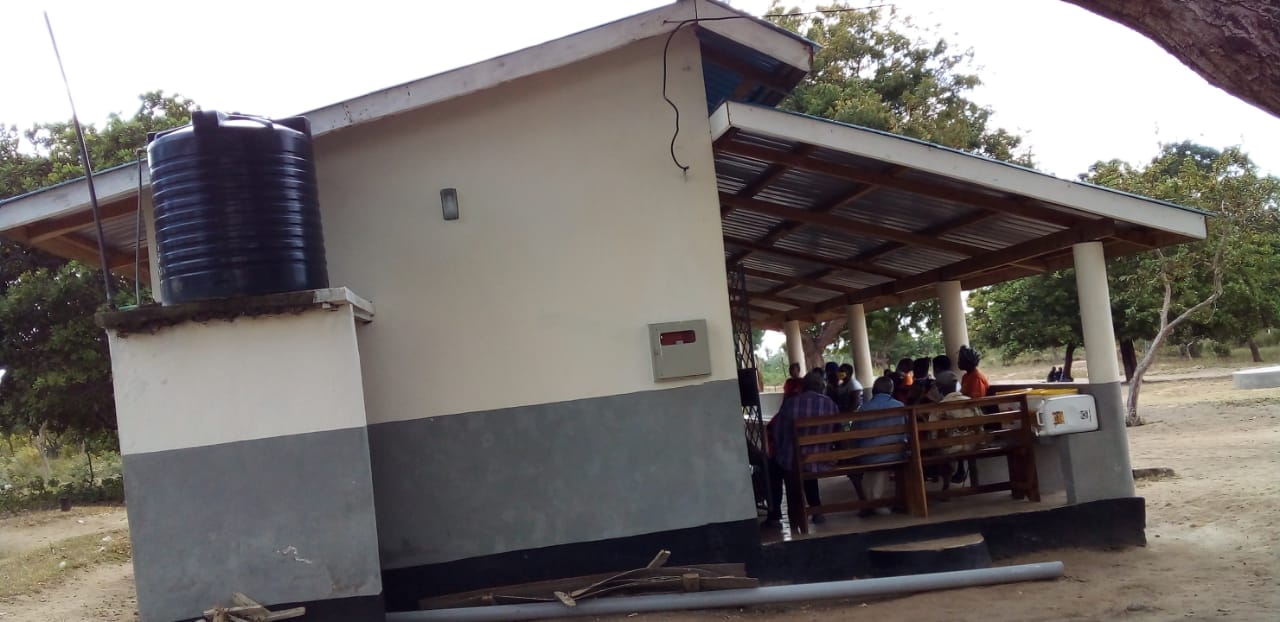
There is no doubt service delivery has improved immensely since the community scorecard was conducted. The relationship between the community and the health facility, and indeed the department of health has greatly improved. The process has enhanced ownership of the facility, and there is concerted efforts by both the community and the health department to see through all the recommendations made from the scorecard process. There is infact ongoing negotiations amongst the community exploring the possibility of those neighbouring the health facility ceding some land to the facility for expansion, and these discussions are progressing positively. Haki Yetu is quite satisfied with the progress made in this particular case, that highlights the benefits of fostering partnerships between communities and the government
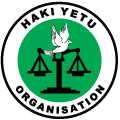
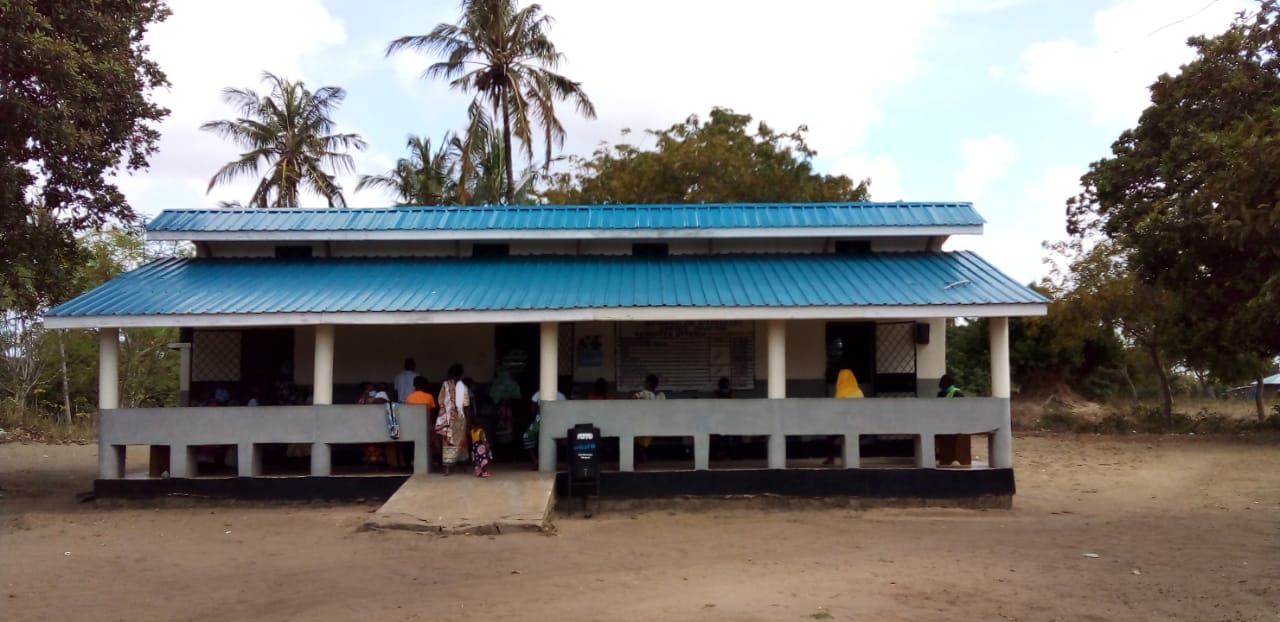
Write a Comment